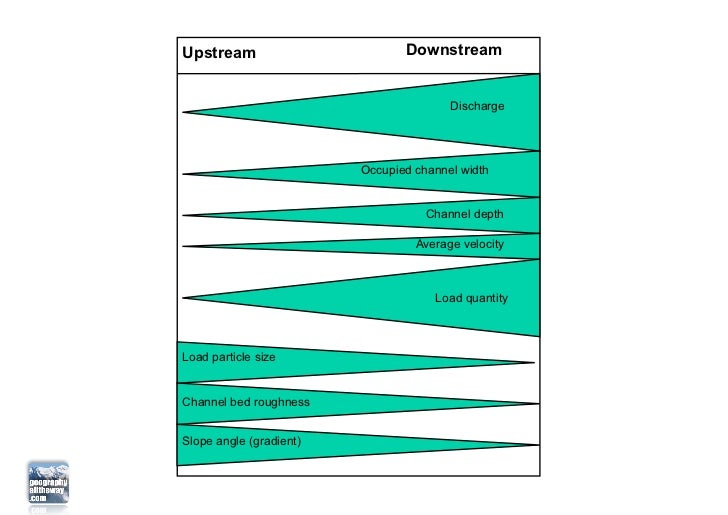

For example, if a question is worth 5 points, aim for AT LEAST 8 ideas. The general rule of thumb is that the mark scheme used by the assessors will have 1.5X the number of "point earning" ideas as there are points that the question is worth. As you are drafting your response, predict how points will be awarded on the mark scheme. For example, if asked to compare spermatogenesis and oogenesis, you would not get a point for saying, "spermatogenesis creates 4 sperm." You would get a point for saying, "spermatogenesis creates 4 sperm, whereas oogenesis forms only 1 egg."Įach question includes the maximum number of points possible. If you are asked to "compare", be sure to include both similarities and differences and to include differences for both items. The command term "discuss" is one in which students often mistakenly "explain." When asked to discuss, be sure you address alternative hypothesis and/or give arguments for and against a claim. Play attention to the command terms, so you actually address what the question is asking. Once you have selected which question you will respond to, begin writing an outline to your response to each part. For example, don't answer a question about speciation with a response about the limitations of the term species. Be sure you know what the question is asking. Remember, you want to select the question in which you know the most overall about parts A, B and C. Take a few minutes to think of answers to EACH question before selecting the one you feel like you can best respond.

Your "gut instinct" for which questions to answer might not be the best. Read the question options carefully and select which you will answer. On the exam, you’ll be able to write on the test.selecting “C” because there hasn’t been one in a while) Only change answers if you are ABSOLUTELY SURE the current answer is incorrect.This prevents you from becoming “muddled” with wrong answers. Cover the answer choices! Try to answer the question before you read the options.


 0 kommentar(er)
0 kommentar(er)
